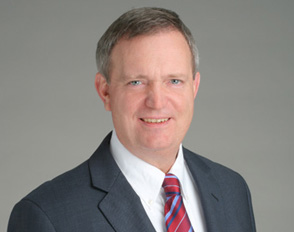Masterpiece Cakeshop Decision
The United States Supreme Court released its much-awaited opinion in Masterpiece Cakeshop, Ltd. v. Colorado Civil Rights Commission, et al., on Monday, June 4, 2018, ruling for Jack Phillips, the owner of Masterpiece Cakeshop, in the case arising from his decision not to bake a same-sex wedding cake because it went against his genuinely held religious beliefs. The Court reversed the Colorado Civil Rights Commission’s finding against Jack Phillips primarily on the basis of apparent lack of neutrality towards religious beliefs and disparate treatment of religious beliefs in comparison to similar secular cases.
The prevailing opinions in the 7–2 decision, including concurring opinions, are set forth in a manner to respect and protect the interests of all Americans, balancing the non-discrimination laws adopted by Colorado’s legislature with the fundamental rights of citizens to the free exercise of religion and the expression (or non-expression) of genuinely held religious beliefs. The crux of the ruling focuses on the requirement that government maintain neutrality in matters of religion and religious belief, consistent with First Amendment jurisprudence and the concept of separation of church and state.
The factual basis for the decision was narrowly based on the Commission’s apparent hostility to the religious beliefs of Mr. Phillips, referencing the Commission’s comments that they were “despicable,” and the Commission’s disparate treatment of different opinions in similar cases. (“The Commission’s hostility was inconsistent with the First Amendment’s guarantee that our laws be applied in a manner that is neutral towards religion.”)
The decision is fairly narrowly limited to the facts of this particular case, emphasizing the legal requirement for courts and commissions to be neutral and consistent when applying the laws of the land. The decision upholds both the individual’s rights to free exercise of religion and the legislative process of providing for protections against discrimination.
The majority opinion was authored by Justice Kennedy, with separate concurring opinions by Justices Kagen and Breyer, and by Justices Gorsuch and Alito, and Justice Thomas. Justice Sotomayor joined in Ginsburg’s dissent.
If you have questions about the applicability of this case to a legal situation you may be facing, please contact the lawyers at Dickie, McCamey & Chilcote to discuss further.
 |
Forrest A. Norman 216-685-1827 fnorman@dmclaw.com Chair of Church Law Group |
